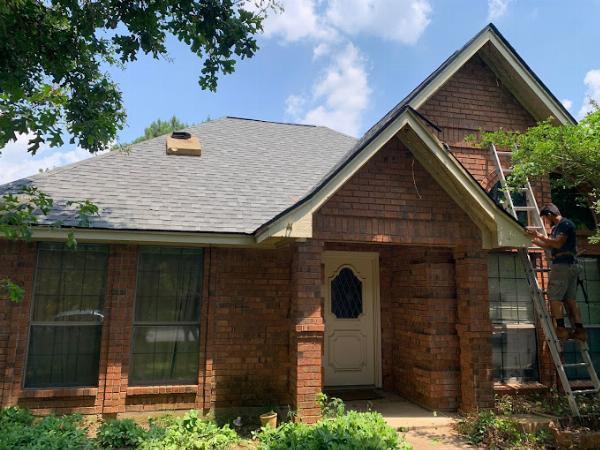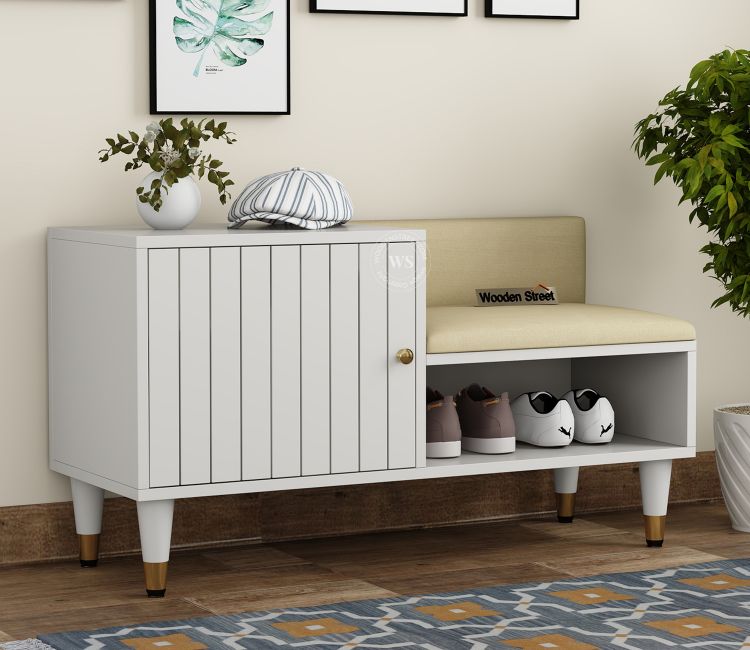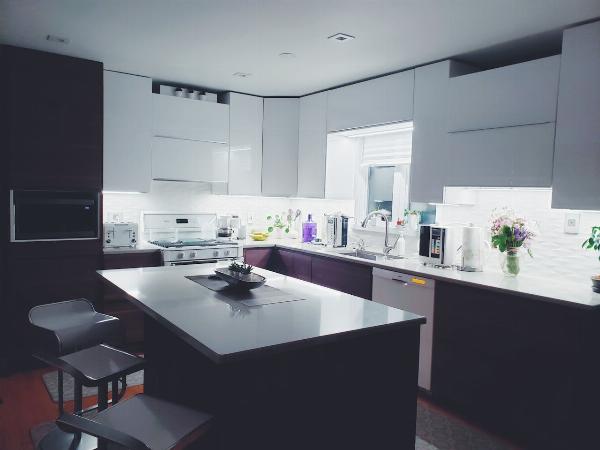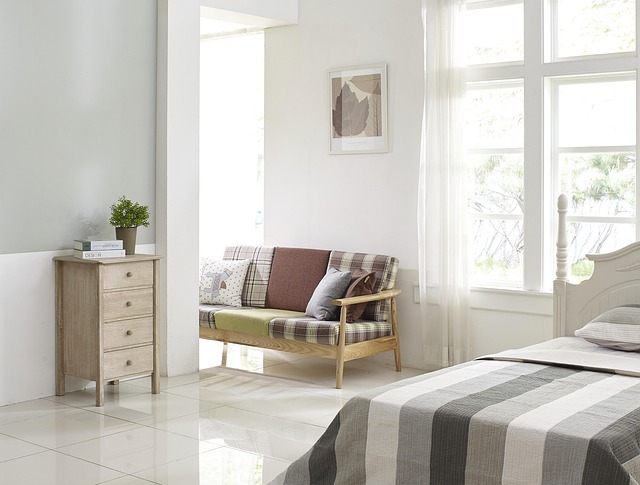How to Choose the Right Thickness of Plywood for a Strong Bed Frame
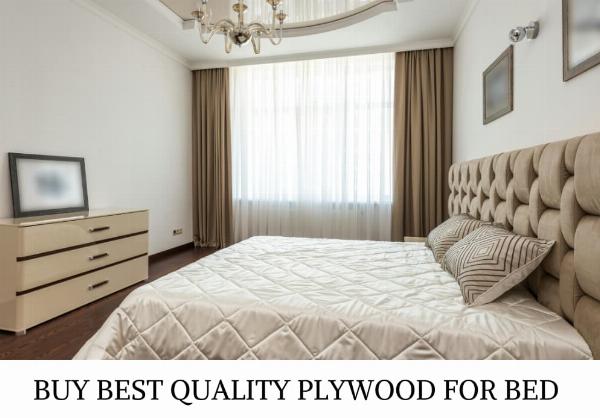
Strong 8k brings an ultra-HD IPTV experience to your living room and your pocket.
When building a bed frame, the right plywood thickness is crucial for both durability and stability. A sturdy bed frame supports weight, ensures comfort, and increases the longevity of your bed. Understanding how plywood works, the different types available, and the correct thickness to use will help you choose the best ply for bed construction, ensuring strength and longevity.
In this comprehensive guide, we will explore everything you need to know about choosing the right thickness of plywood for a strong bed frame. We’ll cover important factors to consider, types of plywood available, benefits of using the best ply for bed construction, and how to make the best decision based on your needs. By the end, you’ll have all the knowledge necessary to build a bed that is both durable and aesthetically pleasing.
Why is Plywood Thickness Important for a Bed Frame?
Plywood thickness plays a critical role in the strength and sturdiness of a bed frame. A bed frame supports not just the mattress but also the person (or people) sleeping on it. Choosing the right thickness ensures that the bed frame doesn't bend, warp, or break over time.
Key Reasons Why Thickness Matters:
Structural Integrity: Thicker plywood can support more weight, which is crucial for a bed frame.
Durability: Proper thickness ensures the bed frame lasts longer without sagging or showing signs of wear.
Safety: A strong, thick base prevents accidents such as bed collapse or structural failure.
Comfort: A well-supported mattress results in a more comfortable sleeping experience.
Factors to Consider When Choosing Plywood Thickness for Bed Frames
There are several factors to consider when choosing the right thickness of plywood for a bed frame. Below are some important points to keep in mind:
1. Type of Bed
The type of bed you are constructing impacts the plywood thickness required. Different types of beds need varying levels of support and structural stability.
Single Bed: A single or twin-size bed usually supports one person and thus requires a thinner plywood panel, typically around 12mm to 18mm.
Double/Queen/King Bed: Larger beds that support two or more people need thicker plywood, ranging from 18mm to 25mm.
2. Weight Support
The amount of weight the bed frame needs to support is a critical factor in determining the plywood thickness. A thicker sheet of plywood will provide better support and prevent sagging.
- For a single person, 12mm to 18mm thick plywood may suffice.
- For couples or heavier individuals, opt for 18mm to 25mm plywood to ensure durability.
3. Plywood Grade
Plywood is available in different grades, which are determined by the quality and strength of the sheets. Higher-grade plywood tends to be more durable, while lower-grade plywood is more affordable but less robust.
A-Grade: Smooth, high-quality, and strong. Suitable for bed frames.
B-Grade: Slightly lower quality than A-grade but still durable.
C-Grade: Affordable but may have minor imperfections. Best for parts of the bed that are not visible.
4. Number of Layers
Plywood is made by layering thin sheets of wood veneer. The number of layers (or plies) affects the strength and thickness of the plywood. The more layers, the stronger the plywood.
For bed frames, plywood with 5 to 7 layers is recommended for optimal strength and durability.
5. Cost vs. Quality
While it might be tempting to save money by using thinner plywood, opting for a higher thickness will likely save you money in the long run due to its durability. Consider balancing cost and quality by choosing the best ply for a bed that fits your budget while ensuring longevity.
Types of Plywood for Bed Frames
The type of plywood you choose can make a big difference in the performance and lifespan of your bed frame. Below are some common types of plywood suitable for bed construction.
1. Commercial Plywood
Commercial plywood is one of the most commonly used types of plywood in furniture making. It is affordable and has sufficient strength for making bed frames.
Best for: Low-budget bed frames and DIY projects.
Thickness Recommendation: 18mm to 25mm.
2. Marine Plywood
Marine plywood is known for its water-resistant properties and high durability. This type of plywood is ideal for areas with high moisture, but it is also suitable for bed frames if you want extra strength and longevity.
Best for: Long-lasting, premium bed frames.
Thickness Recommendation: 18mm to 25mm.
3. Hardwood Plywood
Hardwood plywood is made from hardwood veneers, making it denser and stronger than other types of plywood. It is excellent for bed frames that need to support heavy weight.
Best for: Sturdy bed frames with heavy usage.
Thickness Recommendation: 18mm to 25mm.
4. Softwood Plywood
Softwood plywood is lighter and less expensive than hardwood varieties but can still be used for bed frames, especially in lighter designs.
Best for: Single beds or low-budget projects.
Thickness Recommendation: 12mm to 18mm.
Benefits of Using Plywood for Bed Frames
There are several reasons why plywood is the best material for making bed frames:
Cost-effective: Plywood is more affordable than solid wood, making it a budget-friendly option for bed frames.
Lightweight: Compared to solid wood, plywood is lighter, making the bed easier to move.
Durable: High-quality plywood can support significant weight without warping or breaking.
Versatile: Plywood can be easily cut, shaped, and customized to fit any design.
Conclusion
Choosing the right thickness of plywood is essential for building a strong and durable bed frame. Factors such as the type of bed, weight support, and plywood grade all play a role in determining the ideal thickness. In general, a thickness of 18mm to 25mm is recommended for bed frames, ensuring optimal support and longevity.
By carefully selecting the best ply for bed construction, you’ll enjoy a sturdy and comfortable sleeping experience for years to come. Always consider the specific requirements of your bed, and choose plywood that balances quality and cost to meet your needs.
1. What is the best ply for bed frames?
The best ply for bed frames is typically 18mm to 25mm thick, depending on the size and weight support required. Higher-grade plywood, such as hardwood or marine plywood, is recommended for added strength and durability.
2. Can I use thinner plywood for bed slats?
For bed slats, it is important to use plywood that is at least 18mm thick to prevent sagging. Using thinner plywood may result in a less sturdy base, which can affect the comfort and longevity of the bed.
3. What is the difference between softwood and hardwood plywood for beds?
Hardwood plywood is denser and stronger, making it better for beds that need to support more weight. Softwood plywood is lighter and less expensive, suitable for smaller beds or low-budget projects.
4. Does plywood thickness affect bed comfort?
Yes, plywood thickness can affect the comfort of a bed. A thicker plywood base provides better support for the mattress, ensuring that the bed feels more stable and comfortable.
5. Is marine plywood necessary for bed frames?
Marine plywood is not strictly necessary for bed frames, but it is a good option if you want a highly durable and water-resistant material. It is ideal for humid environments or long-lasting bed construction.
Note: IndiBlogHub features both user-submitted and editorial content. We do not verify third-party contributions. Read our Disclaimer and Privacy Policyfor details.




